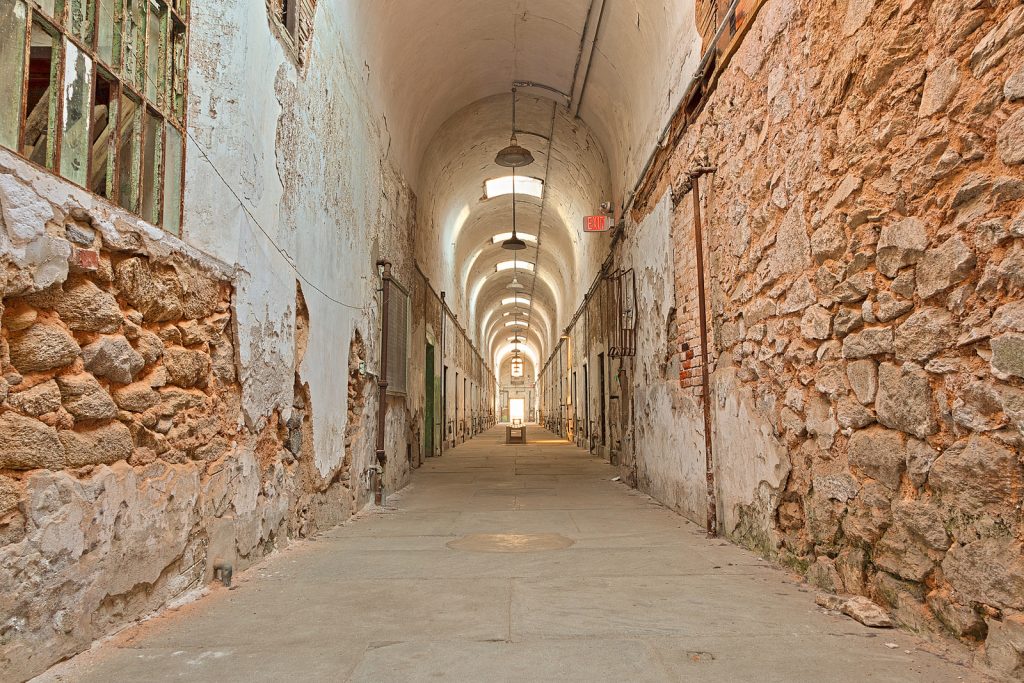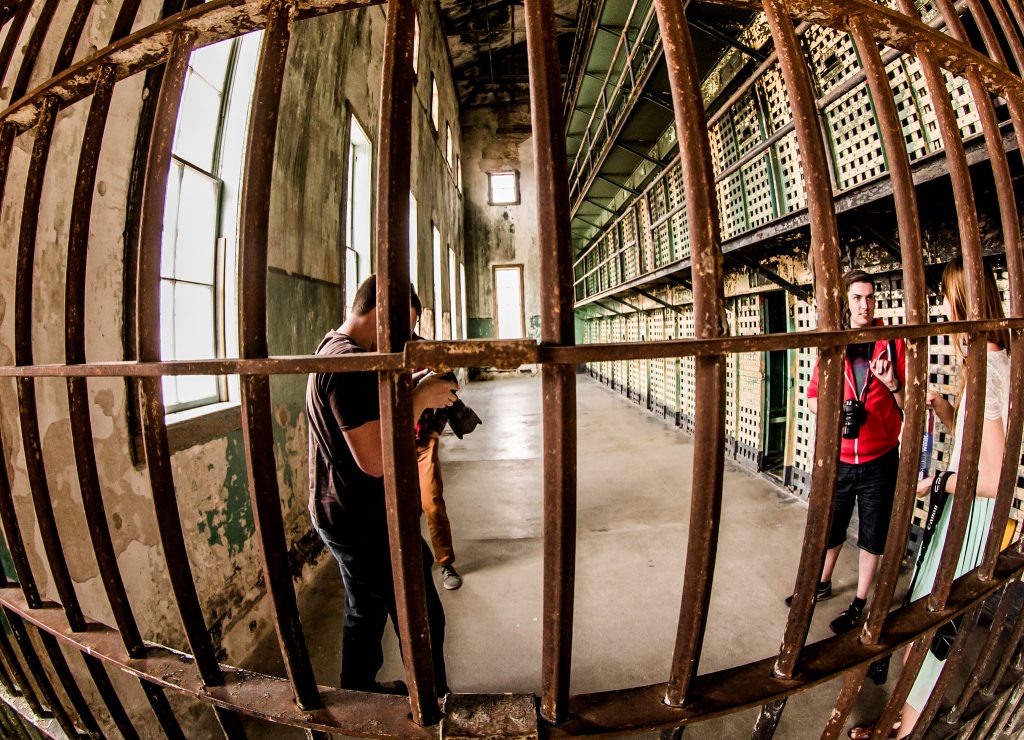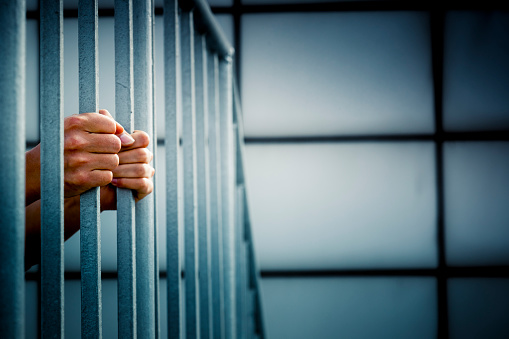On 23 May 2001 the House of Lords gave a historic judgement setting down important standards for the rights of prisoners in the UK. Sixteen years later, we have the highest imprisonment rate in Western Europe and prison violence is on the increase. To what extent do human rights laws protect prisoners?
Just because someone is behind bars, it doesn’t mean they lose all of their rights. Some rights will be removed and others comprised, but key rights remain. That was what the 2001 case of Daly made clear.
Some rights survive
 The case was mainly about a prison policy which prevented prisoners from being present when their property was searched and their mail was examined. The House of Lords said that the policy was unlawful and an unjustified breach of prisoners’ right to respect for their correspondence, which is protected by Article 8 of the Human Rights Convention. It was particularly serious when prison officers were examining documents from inmates’ legal representatives.
The case was mainly about a prison policy which prevented prisoners from being present when their property was searched and their mail was examined. The House of Lords said that the policy was unlawful and an unjustified breach of prisoners’ right to respect for their correspondence, which is protected by Article 8 of the Human Rights Convention. It was particularly serious when prison officers were examining documents from inmates’ legal representatives.
While looking at that particular policy, the court laid down some important rules for all prison cases. Lord Bingham said that putting someone in prison, “does not wholly deprive the person confined of all rights enjoyed by other citizens.” Some rights survive. In Daly, the court pointed out that this included the right of access to a court, the right of access to legal advice, and the right to communicate confidentially with your legal adviser.
Prisoners also retain other key human rights that protect us all, such as the right to life, the right to be free of inhuman and degrading treatment, and the right to a fair trial. This means that prisons have to ensure that inmates have access to adequate food and water, to healthcare, and to legal advisers. To varying degrees, prisoners are also entitled to education and communication with people outside prison. Crucially, they have to be protected from assault and discrimination and harassment.
The question we then have to ask is, are those rights being protected?
UK prison conditions
 Image: Nicolas Raymond / Flickr
Image: Nicolas Raymond / Flickr
According to a recent report, the prison population of England and Wales has increased by almost 90% in the last 20 years so that the UK now has the highest number of inmates in the European Union and the highest imprisonment rates in Western Europe. We also have the highest proportion of prisoners (more than 10%) serving life sentences.
And the prisons can’t cope. The Prison Reform Trust calculates that an average of 20,000 prisoners, almost a quarter of the total, are held in overcrowded conditions. This is a contributing factor in the rise in prison violence and deaths. Suicides in prisons are reaching record high: there were 119 cases in 2016 – one self-inflicted death every three days – and the Ministry of Justice has opened an inquiry over what has been called a “mental health emergency”. There are also serious drug problems affecting the prison population, including a synthetic marijuana epidemic.
There’s also been an increase in prison riots. The riot at HMP Birmingham in December 2016 was the worst outburst of prison violence in more than 25 years and sent leading many to call for a change in the system. Overcrowding, drug use, violence and riots are putting prisoners’ – and prison officers’ – safety at risk and so undermining their right to life and their right to be free from inhuman treatment.
Prisoners’ rights cases
 Image: Thomas Hawk / Flickr
Image: Thomas Hawk / Flickr
The Daly case is one of many court cases that have helped to establish that prisoners retain key human rights behind bars. In fact, the Human Rights Court’s first ever judgment against the UK was in a case called Golder, which emphasised the importance of allowing a prisoner access to justice by allowing them to consult a lawyer. In 1999, the House of Lords declared that a policy prohibiting journalists from interviewing prisoners to uncover potential miscarriages of justice violated the right to free expression.
More recently, there has been a string of judgments about whole-life tariffs, which concluded with the Human Rights Court confirming that such tariffs are permissible, so long as they’re reviewable. And then there’s the complex and still-unresolved issue of prisoner voting and so-called “civil death”. The current position is that prisoners in the UK cannot vote – that is one of the rights denied to them.
As was accepted in Daly, detention in prison will result in the compromise and removal of some human rights. However, our fundamental rights remain, whether in detention or at liberty. Humane detention conditions and fair treatment of prisoners are key tenets of a just society. On the 16th anniversary of the Daily case, it’s worth remembering that our prisons must never turn into human rights-free zones.







